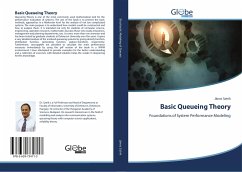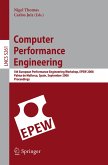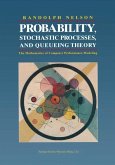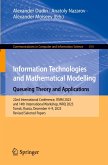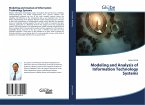Queueing Theory is one of the most commonly used mathematical tool for the performance evaluation of systems. The aim of the book is to present the basic methods, approaches in a Markovian level for the analysis of not too complicated systems. The main purpose is to understand how models could be constructed and how to analyze them. It is intended not only for students of computer science, engineering, operation research, mathematics but also those who study at business, management and planning departments, too. It covers more than one semester and has been tested by graduate students at Debrecen University over the years. It gives a very detailed analysis of the involved queueing systems by giving density function, distribution function, generating function, Laplace-transform, respectively. Furthermore, Java-applets are provided to calculate the main performance measures immediately by using the pdf version of the book in a WWW environment. I have attempted to provide examples for the better understanding and a collection of exercises with detailed solution helps the reader in deepening her/his knowledge.
Bitte wählen Sie Ihr Anliegen aus.
Rechnungen
Retourenschein anfordern
Bestellstatus
Storno

